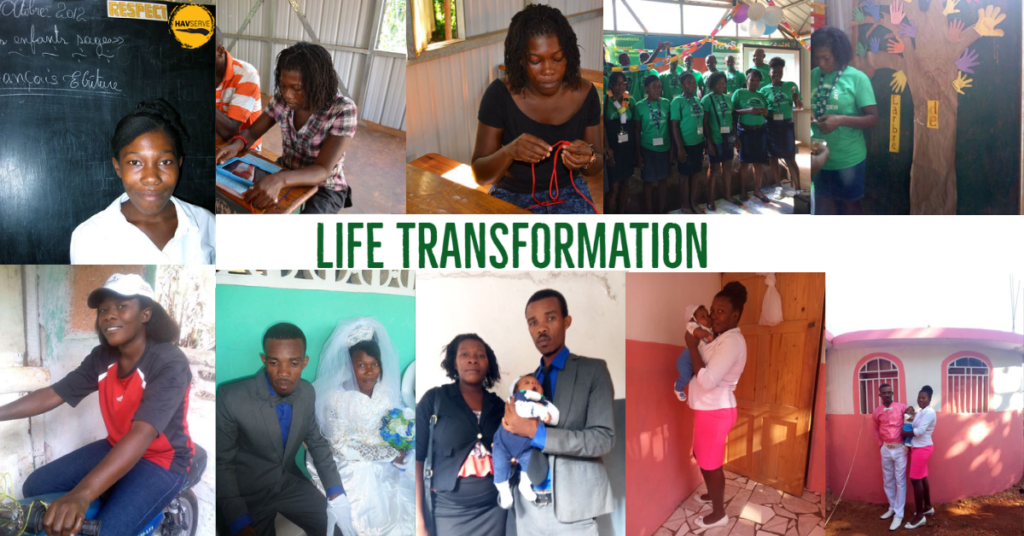On May 21st, 2005, the late writer David Foster Wallace delivered the following excerpt to Kenyon College’s graduating class:
“There are these two young fish swimming along, and they happen to meet an older fish swimming the other way, who nods at them and says, “Morning, boys, how’s the water?” And the two young fish swim on for a bit, and then eventually one of them looks over at the other and goes, “What the [heck] is water?’”
Wallace, who became one of the most influential novelists and creative writing educators in the United States, employed the parable at the beginning of his speech as a means of reminding his audience, college graduates, that our views of the world which we occupy may become distorted if we take everything within our reach for granted.
This Is Water, as the speech came to be known, remains among the greatest contemporary pieces on the difficulty of empathy. How hard is it for us to truly understand what it’s like to live a life other than our own—is it even possible to feel what exists beyond our own immediate bubbles, our bodies of water? For HavServe volunteers, this is our challenge—many of us have had ample access to clean food and water, shelter, and have received higher education of some degree; many of our newsletter readers have been blessed with similar commodities. But, as members of an organization that works directly with underserved rural communities in Haiti’s countryside, we constantly challenge ourselves not to take everything for granted, to remind ourselves that our experiences can be drastically divergent from the majority of people living and breathing across the globe at this very moment.
Does it surprise you that only 6.7% of the world’s population has a college degree?
If you, like me, have been surrounded by individuals who have gone to University X and now work for Corporation Y or Company Z, it’s easy to forget that education, and the opportunities that follow, is a luxury for most. In Haiti, almost 200,000 children remain out of school. Most schools in Haiti are privately run, tuition fees have become unfortunate barriers of entry, and many schools in Haiti suffer from inadequate supplies and understaffing.

Education, at its core, is the primary foundational asset of any developed or developing country. The Global Partnership for Education reports that increases in the prevalence of education opportunities in a given society reduces poverty, increases income, reduces maternal deaths, promotes gender equality, prevents disaster-related deaths, combats HIV and AIDS, and makes people happier. HavServe is committed to providing children in rural Haiti more opportunities in education, so that we can assist the country in building itself from the ground up.
If you live in a developed country, it could be near impossible for you to imagine the suffering that can take place in the developing world. That is Water, after all. But we take this chance to remind you of the difference you can make by making education more accessible to children in need. If you have time, you can serve. If you have money, you can donate. If you have an education, you can teach.
This is HavServe.
Andrew Blake



